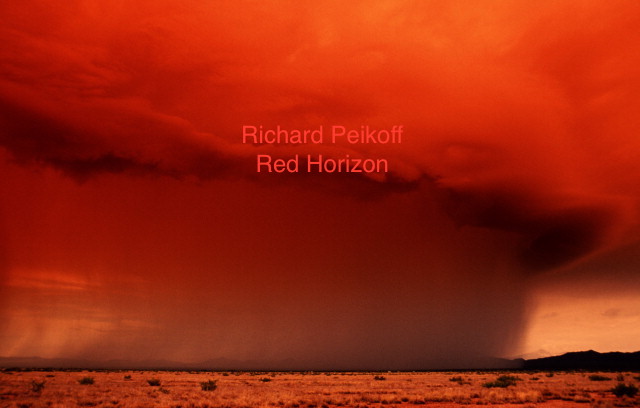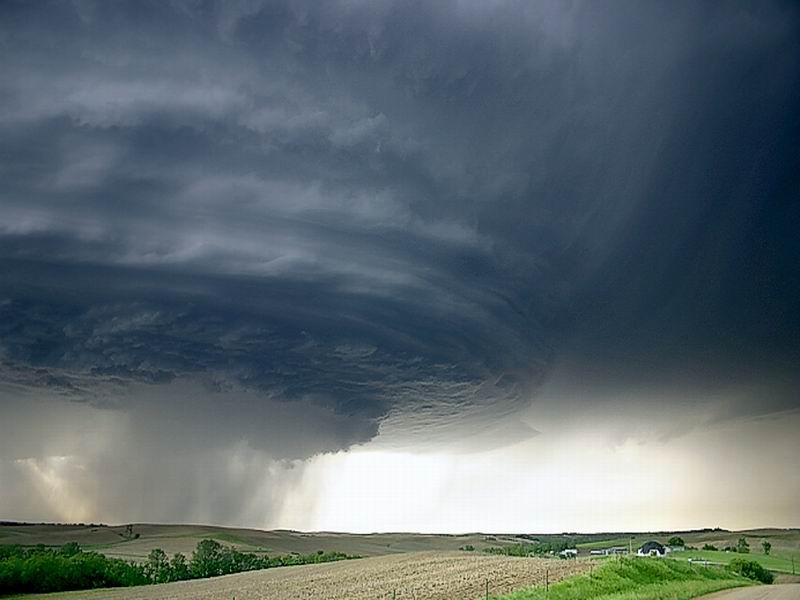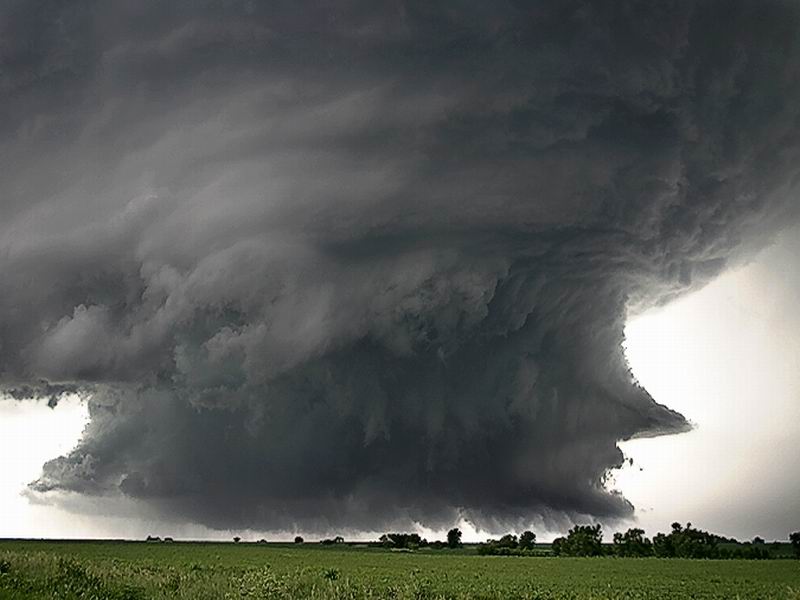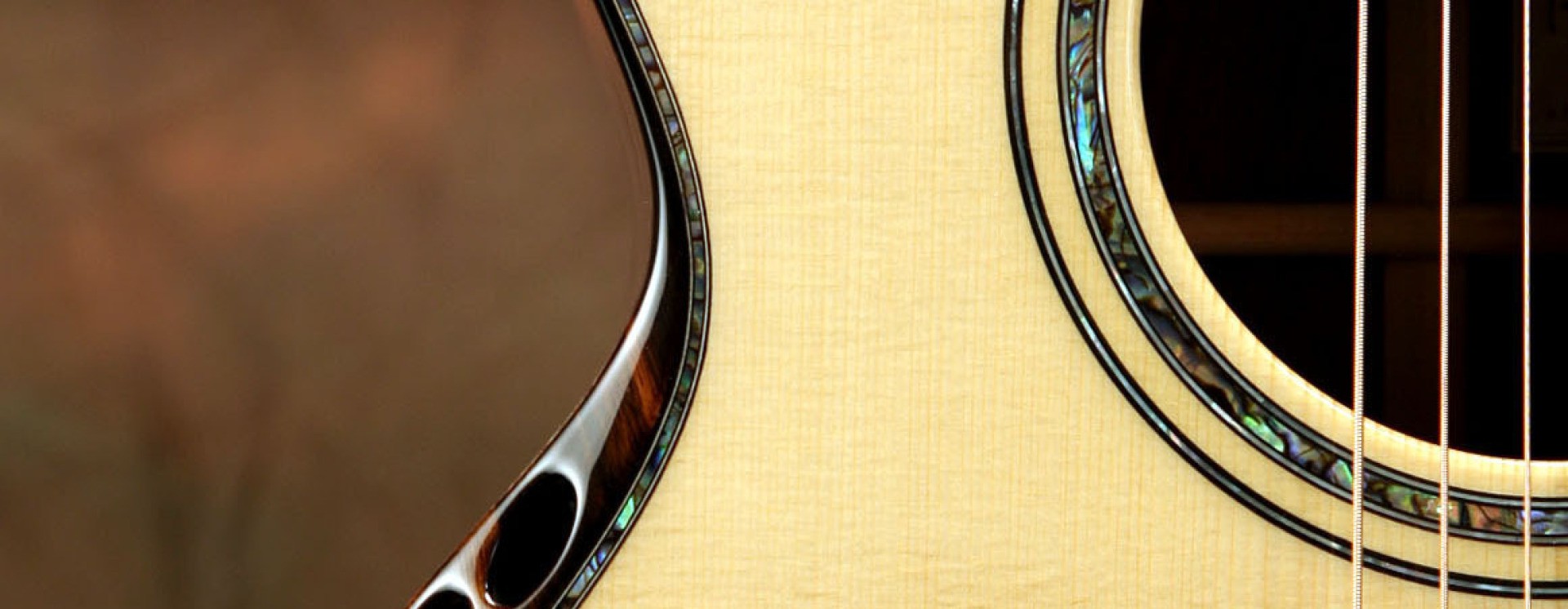RED HORIZON CD. UNPUBLISHED. 1ST STUDIO ALBUM © 2019 (GRATIS DOWNLOADS)
RICHARD PEIKOFF: MüktiMusic Ascap
FINGERSTYLE & SLIDE GUITAR OVERDUBS (Swimming, Red Horizon, Goodbye Magritte, Approach, Calvin & Hobbes)
HIGH STRING GUITAR (Highlands)
ACOUSTIC ELECTIC GUITAR (Sliding Scale)
SOLO GUITAR (Yesterday’s Man, Trek, Testament, Haleakala, Crazy Legs)
Total rT: 50.10

1) Yesterday’s Man rT 4:10
2) Trek rT 5:04
3) Testament rT 1:38
4) Swimming rT 6:47
5) Sliding Scale rT 3:02
6) Red Horizon rT 4:16
7) Highlands rT 2:30
8) Haleakala rT 2:29
9: Goodbye Magritte rT 4:05
10) Crazy Legs rT 4:53
11) Calvin & Hobbes rT 6:09
12) Approach rT 4:39
The Red Horizon CD was recorded in 1987. Unfortunately, I have not been able to successfully bake the original 1/4 inch copy masters and transfer them to a digital format in an effort to fine tune and intonate the tracks. For acetate masters beyond a certain number of years, this is a necessary process (if it works). At some time in the future, I can try again with the 2-inch masters, but I would then have to remix the album. Theoretically, for older tape masters they can be baked at a low temp in an oven in order to soften the acetate which after so many years has stick together making it impossible to play. If the baking process works, the engineer has one opportunity to transfer the contents to a digital platform. So far I have not had good results.
In the meantime, I offer it here with 12 links to the original recording that can either be streamed or downloaded for free. Though the source is not digital, and therefore there is a loss of fidelity compared to today’s standards, the performances in many cases are outstanding. This was my first studio album (recorded in Los Angeles) and was the recording that received an acknowledgment from David Stewart of the Eurythmics.
6 of the performances are solo: Yesterday’s Man, Trek, Testament, Haleakala, Crazy Legs, and Sliding Scale. The first 5 are purely acoustic. Sliding scale is an acoustic-electric recording using a Gurian guitar amplified through a 100 watt Mesa Boogie amplifier. 5 recordings have slide guitar overdubs, and in some cases harmonized slide. These titles are Goodbye Magritte, Approach, Calvin & Hobbes, Swimming, and the title track Red Horizon. The final track, Highlands, are 2 identical full-length performances (live). The first pass is on acoustic, the second on High String guitar.
Although the genre is acoustic, it covers a lot of ground with regards to style, mood, and ethnic influences. All can be considered acoustic, progressive with a strong American undertone, even though at times there is a fusion style such as Bluegrass, Jazz, East Indian, Celtic, etc. There is only one other album that uses slide overdubs and that’s Indian summer (many years later). But Red Horizon has a completely different feel to it. First off I was 36 years old at the time, so my energy was considerably different than recordings made years later.
The compositions began during the year that I live in London, where I was composing, teaching, improvising, and recording 6 days/week. The preparation for the album continued when I left London and resettled in Boulder, CO. During the 2 years that I was in Boulder, I spend 35 hours each week cooking French and Continental cuisine with mentor John Bizzarro. And I also spent the equivalent amount of time working on the guitar. By the time I went to L.A. to record, I had been developing and fine-tuning the album for about 2 years (1 year in London, 1 year in Boulder).
As mentioned elsewhere on the website it was during my time in Boulder that I received a telephone call from Dave Stewart’s office in London. That story can be read in the Personal History Part 1 section on Music. It’s a really fascinating story, and Stewart treated me with great respect when I finally had the opportunity to meet him while in Los Angeles after I completed recording this album.
The entire recording was accomplished in 5 days. Most of the tracks, whether the basic solo pieces or the pieces with slide overdubs are indicative of the way I record. I don’t spend endless hours on multiple takes. Because of the way I practice and prepare, I always aim for capturing successfully a piece within the first 3 attempts, often on the first take. I have done this for 30 years. I find that if one prepares, the energy captured on the 1s or 2nd take is best. Even while recording a ‘live’ take there is an error, I still go with it because of the heightened energy and raw live feel.
The performance ‘Yesterday’s Man’ has some problems due to the warping of the music on the original tape. However, as a solo piece that fuses Folk and Jazz styles, it is a signature piece for me. On the flip slide, ’Sliding Scale’ is a hard-driving solo country-blues slide piece. Also, during this personal era of playing acoustic guitar, I am employing different right-hand techniques such as 3-finger Bluegrass picking, fingerstyle with a ‘classical’ sensibility, slide guitar played with agate picks (in later years I stopped using picks), Bossa derived pluck strokes and other techniques. There also (as is often evident in my compositions) multiple time signatures especially 4/4 and 6/4. Often times to the listener they are undetectable, though to musical colleagues they are. But I’ve always tried to move seamlessly when switching time signatures. In later years I added signatures that included: 5/4, 7/4, 9/4/ 11/4, 12/8, 2/4, and 13/4.
Because this was my first studio album and the amount of time invested in preparation was extensive, I have decided to offer it ‘gratis’ to my listeners. Please forgive the lack of fidelity. However, because of the love invested during its preparation and manifestation, I feel strongly about sharing it with the public at no charge. I definitely feel that the overdubbed pieces such as Approach, Red Horizon, Calvin & Hobbes, Goodbye Magritte, and Swimming really pay tribute to high-energy, intricately considers slide performances.
The tunings that I used on this recording include Standard Tuning (EADGBE): Drop D Tuning (DADGBE): Double Drop D Tuning (DADGBD): Open A Tuning (EAC#EAE), and Dadgad (DADGAD). The guitar used for all pieces (fingerstyle and slide) was custom made by an English luthier named Matthew Carter. This guitar was one of the 1st dozen instruments that he offered after years of working intimately with English luthier Andrew Manson (who built for Jimmy Page, Eric Clapton, Ian Anderson, and many more).
The album cover is one of the 3 pics I have of Hurricane Katrina. I dedicate this recording to the Americans that experienced that event. If I ever do publish this album, I will donate any proceeds to the communities that endured that hurricane. rP
KATRINA

KATRINA

Fin
